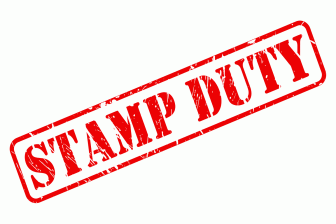 The recent hike to second home stamp duty costs implemented in the recent Autumn Budget is having an immediate impact on the market, with more than one in five agents experiencing fallout as a result of the 2% increase, fresh market insight by GetAgent.co.uk reveals.
The recent hike to second home stamp duty costs implemented in the recent Autumn Budget is having an immediate impact on the market, with more than one in five agents experiencing fallout as a result of the 2% increase, fresh market insight by GetAgent.co.uk reveals.
The estate agent comparison site surveyed its member agents on the recent amendments to stamp duty on second home purchases, changes that saw an additional 2% added to the cost of purchasing immediately following the recent Autumn Budget.
The results showed that for the majority of agents, it is business as usual, with 74% reporting no fallout as a result of the government’s stamp duty hike.
However, figures from Inventory Base show that the cost of stamp duty on a second home purchase has increased by more than £6,000 as a result of the stamp duty hike, an increase that is causing issues according to a notable proportion of agents.
In fact, whilst 4% of respondents to the study state it is too soon to tell if there has been any negative impact on the market, more than one in five – 22% – are experiencing issues as a result.
For the majority (61%), the increased cost of second home stamp duty has led to property transactions falling through, as buyers are unable to stretch their budget, whilst sellers are unable to meet them at a lower price point.
 A further 14% stated that they were seeing buyers request price reductions in order to cover the additional cost, with 11% also seeing re-negotiations on the terms of existing sales.
A further 14% stated that they were seeing buyers request price reductions in order to cover the additional cost, with 11% also seeing re-negotiations on the terms of existing sales.
The co-founder and CEO of GetAgent, Colby Short, commented: “The Budget in October was the fifth Budget announced in under two years. I imagine Estate agents (and many others) are looking forward to it returning to its annual cadence as the disruption it causes is something agents managing pipelines could do without.
“For those agents who have been affected by the immediate introduction of stamp duty on second homes, these fall throughs and renegotiations cost time and money that are both in short supply.
“Thankfully, the fallout has been relatively low overall and has largely centred around sales that were already progressing, as buyers look to re-negotiate terms to account for this increased cost.
“As a result, we expect that any fallout will be momentary and, going forward, we’ll see less disruption as this increased cost is already factored into any offers made and accepted.”


Comments are closed.